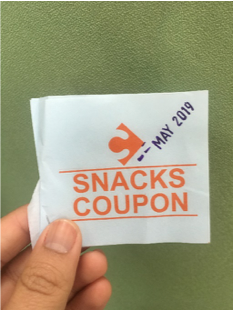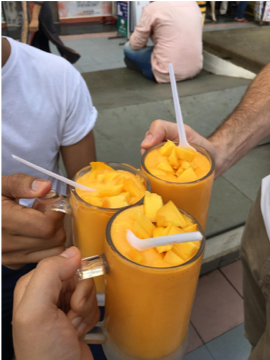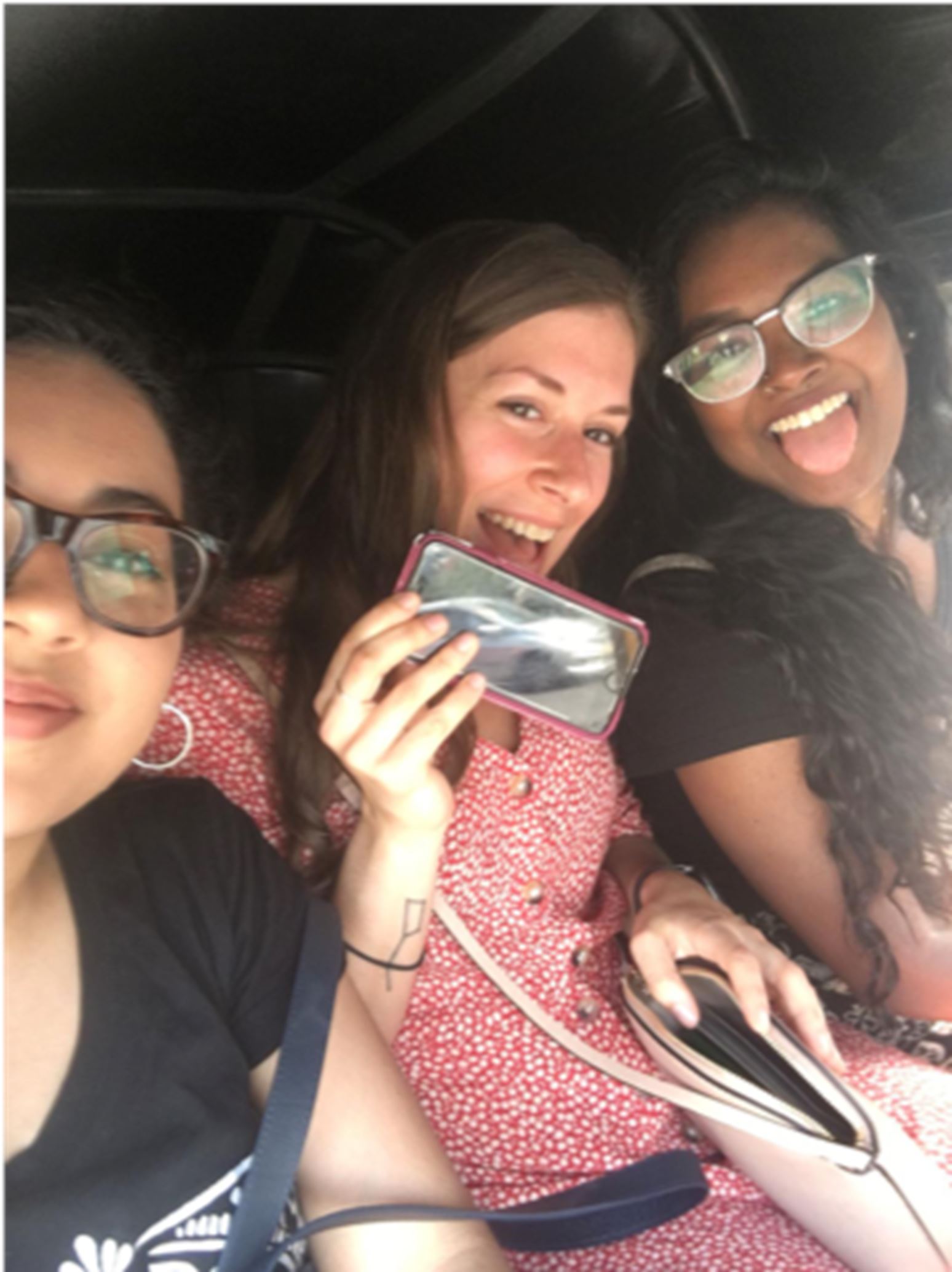The term ‘swadesʼ had been on my mind when starting my Ivey Global Lab (IGL) experience. It is a Hindi term with Sanskrit origins, meaning “oneʼs/my/our own country”. Sanskrit is an ancient language that is the root of many regional languages across the subcontinent, Hindi being one of them. Swades is also a 2006 classic Bollywood film starring one of my favourite actors, Shahrukh Khan. Honestly, I would recommend watching Swades to anyone reading this, if you survive reading my saga. Itʼs about a man who works in the US but goes back to a village in India to bring his elderly caretaker back with him. However, the trip reinvigorates his love for his homeland. He begins to get invested in the people of the village and uses his education to better the communityʼs lifestyle. Apart from the fascinating premise and incredible acting, Swades’ soundtrack is beautifully crafted - the product of geniuses AR Rahman and Javed Akhtar. I would recommend just the music if a 3-hour Hindi film is not something in which you care to invest your time.
I’ll now make the (not at all) obvious connection between myself and Shahrukh Khan. These two months made me feellike I was living a (non-Bollywood budget) version of Swades, dubiously coming back to a country that I had a forgotten connection with. While the opportunity of contributing to and participating in an emerging market was exciting, I wasn’t sure how living in India for a fairly long time period would make me feel in terms of my cultural identity.
During my first week in Pune, I felt disoriented. Being in India without family mediating between me and the complexities of Indian culture was stressful, to say the least. Having to suddenly handle administrative tasks myself gave me newfound appreciation for my mother dealing with multiple details that I took for granted every vacation. It was the small, everyday tasks that got me. Following up on food delivery and haggling on prices with rickshaw drivers in broken Hindi mainly caused the mounting frustration. I disliked not being able to effectively communicate. I hated the knowledge that I was probably being given higher prices in bargaining situations because my Hindi skills (or lack thereof) were a dead giveaway that I didn’t grow up in India and didn’t know better. It was all so different from being able to go to Loblaws, make my own food, speak English and be understood.What made it easier was the group of friends in Pune sharing in the experience with me. We were able to laugh with and complain to each other. It was super cathartic to debrief each other over shared breakfasts and dinners.
The drastic cultural differences I had initially noticed became commonplace with time. Some were easier to adjust to than others, like the daily snack time at my workplace. Between 4-4:30pm, everyone would head over to the lunchroom with their company-issued book of snack coupons in hand. There were two vendors whose offerings me and my two other Ivey friends would look forward to all day. The best days were when one of the vendors would step up his game and offer Little Hearts biscuits, freshly toasted chutney sandwiches, and steaming Maggi noodles. We called those days “double-coupon days”: we would use not one, but two, of our carefully kept stash of monthly snack coupons. It was all very Gollum from Lord of the Rings. Some days, we would walk over to Destination Centre, an outdoor food court, and invest in 3 mango shakes for 100 rupees. It’s probably in the top three things I will miss about India. Words will not do it justice, so I’ll just share a picture of it.
I was also able to experience firsthand the generous nature of family over a weekend I spent in my native state, Kerala. Despite me only being there for the weekend, I was able to convince my mom and younger brother to come down from Dubai as well, so it was doubly exciting. I was told by my mother to be ready for a substantial breakfast straight out of my red-eye flight. Believe me, I was so ready. Ripe mangosteens and lychees; fragrant banana-leaf parcels of steamed rice flour, jaggery and jackfruit; bowls of curries and rice; and plates stacked with appams and chapatis were laid out over the scant few days we were there. I even finessed a box of mangosteens and lychees to take back with me to Pune. Escorted by my patient grandfather, we walked through Fort Kochi and bought roasted peanuts from a street-side vendor and took pictures of everything. Having those few days overlap with the lives of my family in India was invaluable.
While the food has been incredible, food alone isn’t the aspect of Indian culture that I admire. What I have observed and appreciated, is the sense of community so deeply embedded into work, family, and friendships. Our coworkers share a sense of camaraderie into which they invited us seamlessly. This collectivism is demonstrated through taking time out of the workday to build relationships by sharing lunch, walking to snack stalls to buy cups of tea or lemonade, and learning about one another in the process. Creating a bond that goes beyond the work we do means sharing victories and burdens. It means caring about the person behind the product they deliver without compromising on a strong work ethic – this requires effort. This is what I respect the most about corporate culture as I experienced it in India. Swades has evolved into becoming the running theme of my time in India. Having this opportunity to work in Pune has been a blessing for me. It carved out a mandatory two months to forge my connection to India at a time when it was hard to justify leaving Canada and my comfort zone behind.


